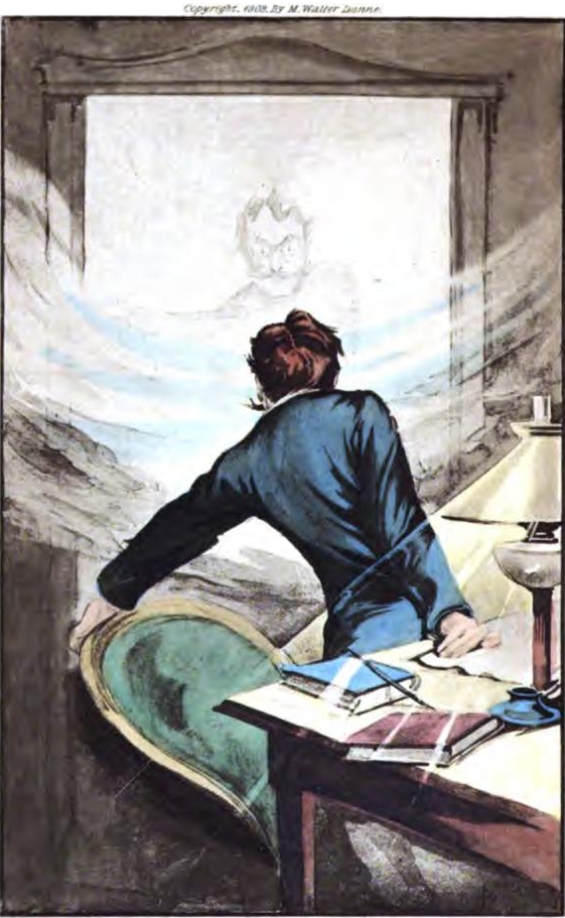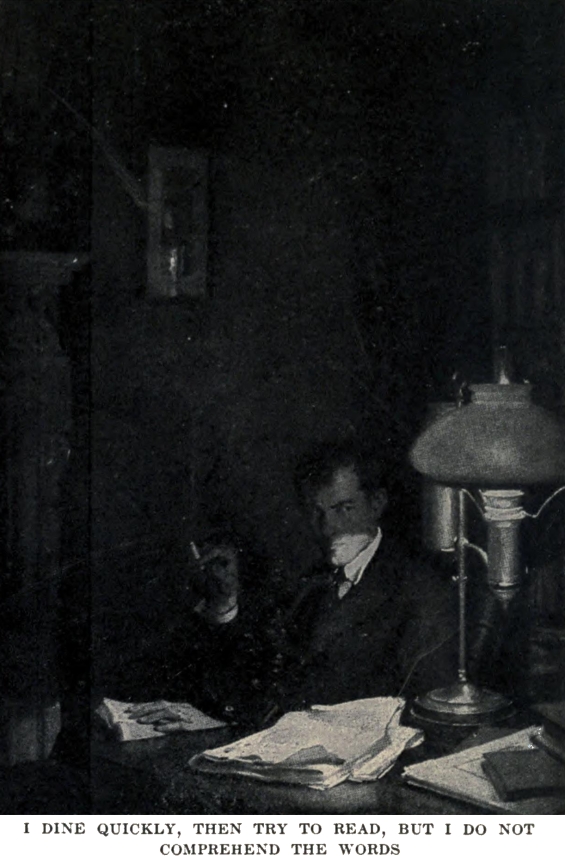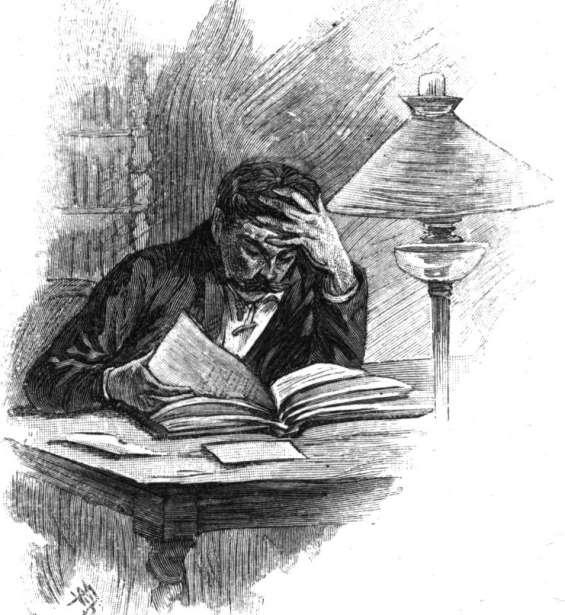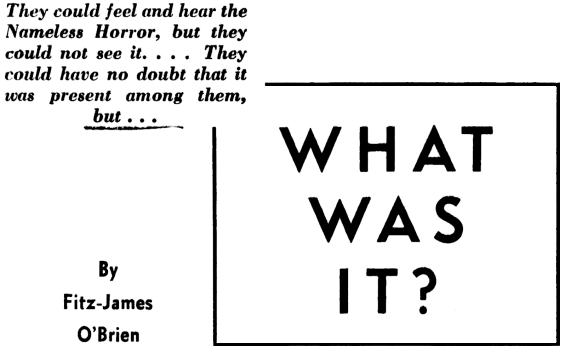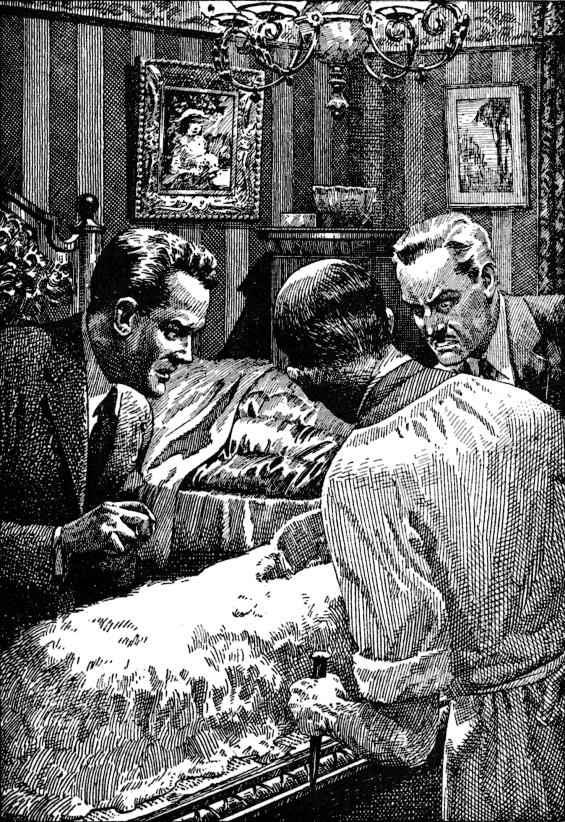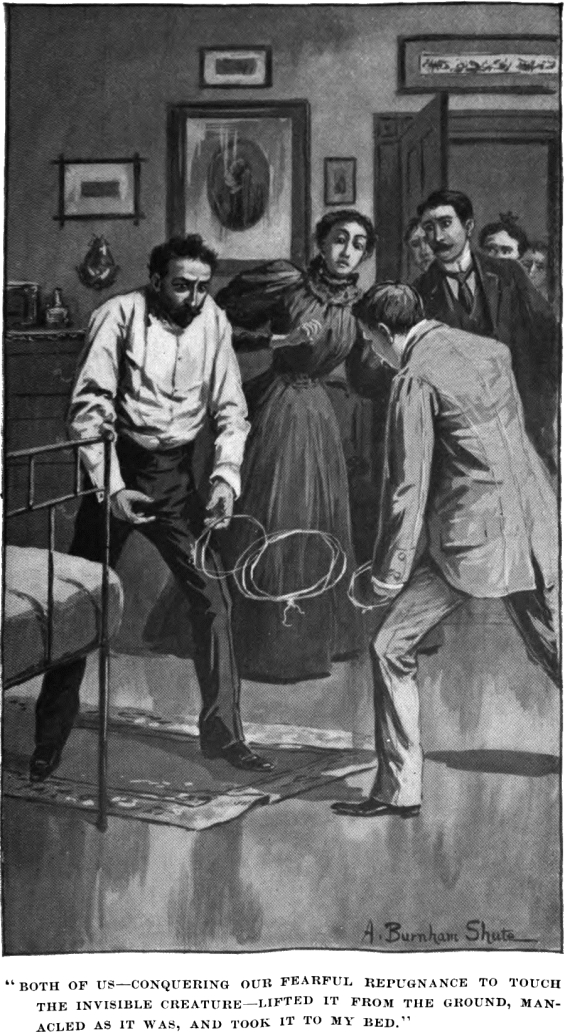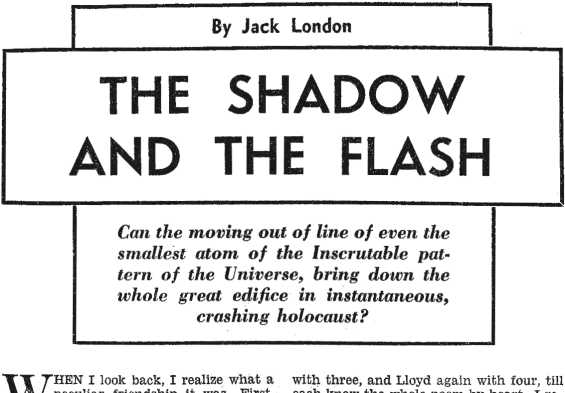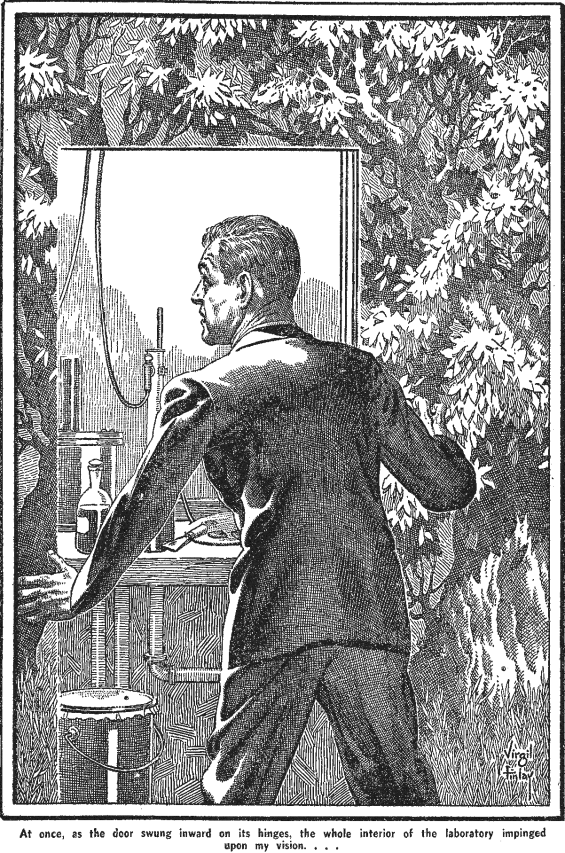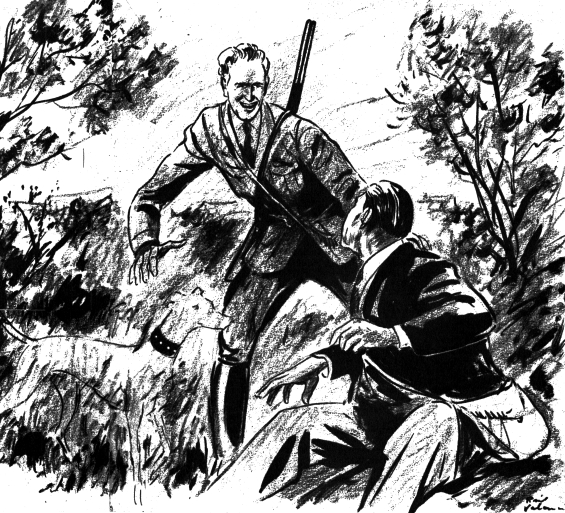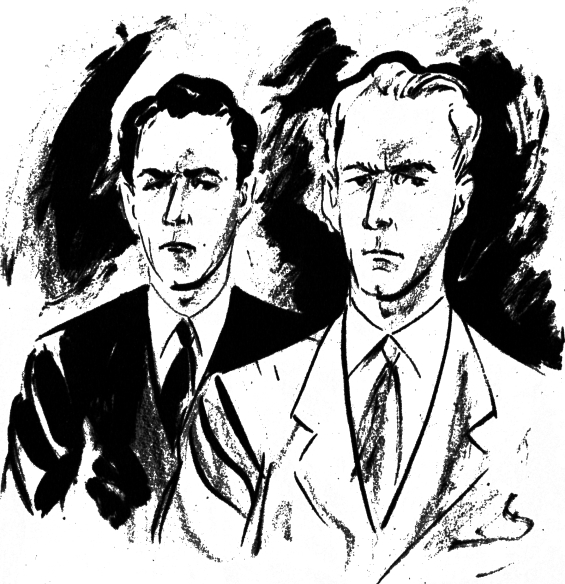
 The SFFaudio Podcast #590 – Creatures Of The Light by Sophie Wenzel Ellis; read by Kathy Wright. This is an unabridged reading of the story (1 hour 10 minutes) followed by a discussion of it. Participants in the discussion include Jesse, Paul Weimer, Maissa Bessada, Evan Lampe, Will Emmons
The SFFaudio Podcast #590 – Creatures Of The Light by Sophie Wenzel Ellis; read by Kathy Wright. This is an unabridged reading of the story (1 hour 10 minutes) followed by a discussion of it. Participants in the discussion include Jesse, Paul Weimer, Maissa Bessada, Evan Lampe, Will Emmons
Talked about on today’s show:
Astounding Stories, February 1930, the second issue, the subtitle, slimemold and flivver, super-science, there’s a reason we don’t SUPER-SCIENCE stories, this whole issue is on LibriVox.org, Into Space by Capt. S.P. Meek, here’s some volume for you, a retelling of The First Men In the Moon by H.G. Wells, a one bullshit gimme, not a scientific bone in the actual, bullshit science is everywhere in this story, launch into a defense of this story, an interesting story, a very silly story, intended, she’s kinda silly, between Frankenstein and 2001: A Space Odyssey, an evolutionary destiny to be god-like, can we create a better kind of person through science, the ideology of science, a Fantastic Voyage quality, hey have you read this Science article, a scary looking beautiful man, Antarctica, the fourth dimension, everything this exists, how deranged these experiments are, a crazy romp, it lives on in comics, Superman, Superboy, Superdog, villain mustaches, a good silent movie, a good bad movie, Captain America is a product of super science, one of the first super hero story, so amazing, Francis Stevens invented the superhero in 1904, The Curious Experience Of Thomas Dunbar, Sampson, bitten by a radioactive spider, unique, the fun, very sensuous bodies, lips, splattered with startling features, people are so beautiful they are magnificent scenery, getting into arguments on twitter, attacking Lovecraft for being racist, she fundamentally misunderstands, genetics and evolution, Philip K. Dick’s The Infinities, teleological evolution, racism is tied up with an evolutionary ladder, Evan’s podcasts on H.P. Lovecraft (the sea and forgetting), racism is bullshit, there is no end state, no perfection, humpbacked German scientist, the first creature that crawled out of the sea was a Man, man is going to evolve into God, all life is a part of an experiment, her bursting ideas, the solar powered helicopter, everything turns gray, new scientific ideas that are not really science, if you get a life ray you get a death ray, she’s like Ed Wood, hilarious, earnest, not hard SF, a science fable, the overreach of the German scientist, they’re all chill about it, Adam and Eve at the end, she’s the anti-eve, Lilith, She‘s Ayesha, so funny, somebody’s head has been on this pillow, hey let’s build igloos and live on penguins, yo-yo-y, the Savage Land, a continuation of the Burroughs, The Land That Time Forgot by Edgar Rice Burroughs, Andre Norton’s The People Of The Crater, its all there, madcap bursting at the seams with concepts, she’s juggling, a low mileage, life-ray, super-race, solar sphere, telepathic, death-ray, superman, LibriVox, invisible man, time travel, an unconventional form of invisibility, telepathy, the story needs an interlocutor, Ed Wood needs to do the narration, this perfect black age woman, she had the good genes, keeping his disability, hilarious and amusing, like a kitten being angry at you, Beggars In Spain by Nancy Kress is an evil book, a new race of people who are superior to you, they’re eugenically more pure, none of the defects that we have, only for the richies, the liberal elites vs the basket of deplorables, Plan 9 From Outer Space is not a good plan for the space program, this is 1930s, what sexual selection is for, modern science is permitting the unfit to live, she doesn’t even get Paradise Lost, its 9 hours, comedic on purpose, a story with a happy ending in marriage, The Tempest has the greatest fart jokes on the planet, a slef concisncous commediane , Heard In A Grocery, The White Wizard, her letter to Weird Tales, the happiest days of the month for me, The Woman Of The Wood by A. Merritt, The Moon Bog, The Outsider, The Dreamer of Atlânaat by E. Hoffmann Price, Dwellers In The House, White Lady, a hunch nose, he smells bad, an Arabic scholar judge, it goes without saying, courting the judge’s daughter, personality change, its a Lovecraft ripoff, split people into multiple bodies, a happy ending, burn down the house that all the book were in, chaste and tortured romance, they don’t have houses, our whole lifestyle, we’re locked up in our houses, you need a gym membership, more logical, that’s crazy, a role playing game plot, Spirit Of The Century, E.E. “Doc” Smith, “they’ve adapted”, “only human ingenuity”, technobabble heavy Star Trek: The Next Generation, Will’s definition for super-science: science is part of modern mythology, the mythological power of science, fantastic and godlike things, The Flash, magic with science as the explanation, an ideological component, GURPS,
‘“Superscience” technologies violate physical laws – relativity, conservation of energy, etc. – as we currently understand them. (…) By definition, it is impossible to set a firm TL for superscience – we might discover faster-than-light travel tomorrow, a thousand years from now, or never. Equipment TLs are always debatable, but superscience TLs are arbitrary.
The Super-Friends wiki,
Super-Science is a term that refers to any type of science that is considered beyond that of the normal mainstream science. The Raven was a super-scientist, but his experiments were considered unethical.
a great episode, erasing the Super-Friends from the timeline, The Boys From Brazil, Teen Titans, Nazis are a combination of throwbacks to medievalism and super-science, In Our Time with Melvyn Bragg, The Battle of the Teutoburg Forest, Eagles or Legions, 2,000 year old consequences, they’re their own people, a moral screed against Romans by Romans, German psychology of the 20th century before and after WWII, the chances of finding a couple Germans hiking in the mountains of British Columbia, blue eyed and yellow haired, he’s got the WILL!, the classification system, novel and cute hunchback, she would get destroyed if she was used in a touchstone, a womanthology, forgotten, wrong about everything, not a single correct move in any scene, the right guy, he’s a dilettante who doesn’t have a job because he has good genes, what about Mary?, she’s not beautiful so we don’t care, Friedrich Engels’s common-law wife, what’s going on psychological here?, dude, it’s so obvious, interested in girl stuff, this handsome handsome man, a middle-class housewife, totally fun to hang out with, disabuse her of her eugenics beliefs, almost everybody was ideologically deranged, H.G. Wells’ The Country Of The Blind, a lost world story, different kinds of assholes, H.G. Wells assholes vs. H.P. Lovecraft assholes, Æpyornis Island, that’s my ride, this æpyornis comes out, taking on Will’s mannerisms, …the one eyed man is king, sight (which is not a thing), these two growths in the front of your face, a scientific story, sickle cell anemia and malaria, its a mistake, Huntington’s disease seems to be bad, way to sophisticated for Sophie Wenzel Ellis, one thing everyone sort of got wrong, “survival of the fittest”, social Darwinism, there is no path that we’re on that is going towards a destiny, you don’t need breeding if you have a life-ray, confronted in the raw, Jesse went to university for 16 years, cloning, Kate Wilhelm’s Where Late The Sweet Birds Sang, The Doomsday Book by Connie Willis, cloning doesn’t make any sense on a large scale because of , Hitler’s clone army, monocultures are terrible, what genetic diversity is for, this problem with bananas, sexual selection is about diversity, stupid but fun, emerald ash borers, tree farming, economically too, no ventilators, British Columbia’s Agricultural Land Reserve, you’re setting yourself off for a massive die-off, trying to diversify, riding the wave, stuff is complex, complex is hard to explain, its a bush not a ladder, seed pods, Paul is right again, an alternative to this story, eugenics and race stuff, Milo Hastings’ City Of Endless Night, all coincidence and fortuitousness, a pandemic and a plague and we’re all gonna die, how come he can fly, its not the right (or fruitful) critique of this story, it might reinforce your distorted ideas, now that its so silly its mostly harmless, the ubermensch, Superman: Red Sun, a great super-science ending, the story ideologically undermines itself to work as a story, inching himself towards godhood, we’re meant to be gods, horrible people who needed to be destroyed, watching the gods destroy themselves, a viewpoint character, René Girard, distracted boyfriend meme, Where No Man Has Gone Before, very super-sciency-stupid, but what does it mean?, this is inevitable, you can not rush it otherwise you will get monsters, Babylon 5, supercharged psi-guy, I’ll see you again in a million years, down the tubes, supercharged by Vorlons, another Star Trek: Voyager episode, when Paris goes to super-warp and becomes a lizard, retconing conversations with your mother, when Larry David was a writer on Saturday Night Live, pretended it never happened, George Costanza quits his job, that’s gaslighting so don’t do that, this really terrible Star Trek episode, another really annoying novel by Kurt Vonnegut (Galapagos), Margaret Atwood, humans as sea-lions flopping around on the beach, when Olaf Stapledon does it it’s cool, Will thinks seal people are a good idea, push straight through, a silly silly book, Maissa defends Kurt Vonnegut 100%, feted in a way that Jesse doesn’t think is reasonable, when Jesse watches an Ed Wood movie, he is dead, we must honour him by never talking about him again, day six I got displaced from time, I ran myself to my destruction, my humpbacked’s father: Jesse, Harrison Bergeron, The Marching Morons.

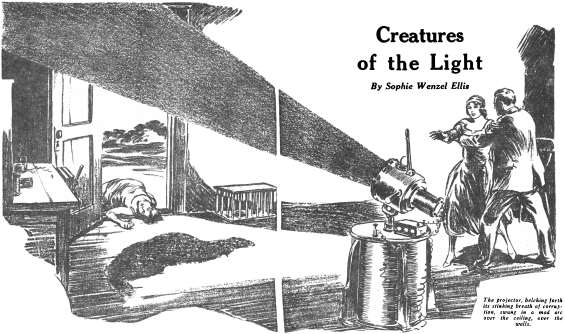
Posted by Jesse WillisBecome a Patron!
 Reading, Short And Deep #099
Reading, Short And Deep #099
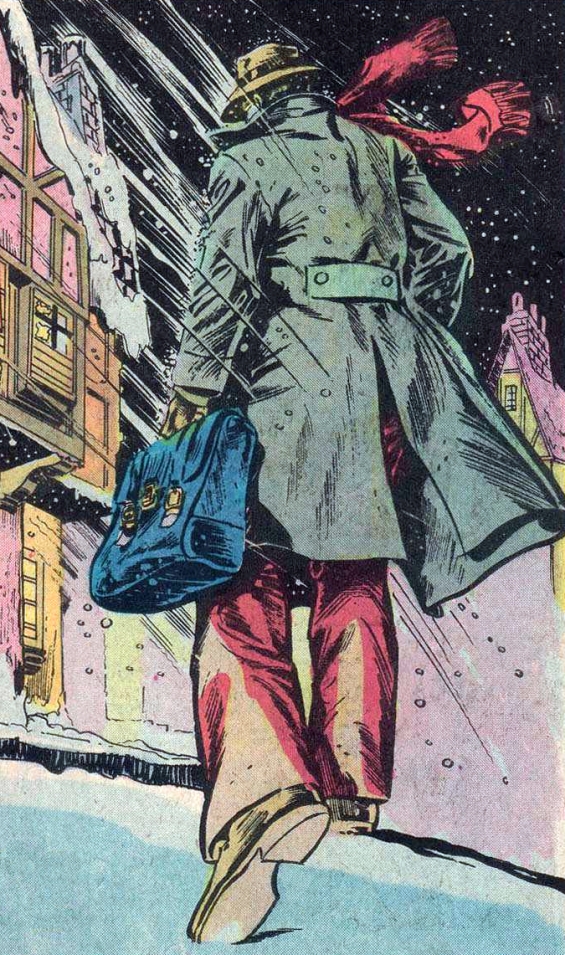
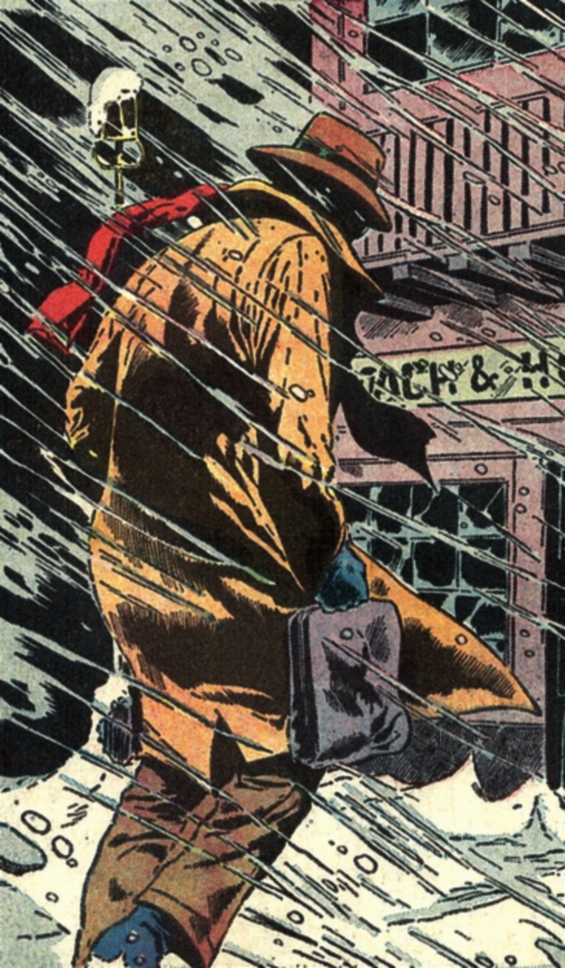
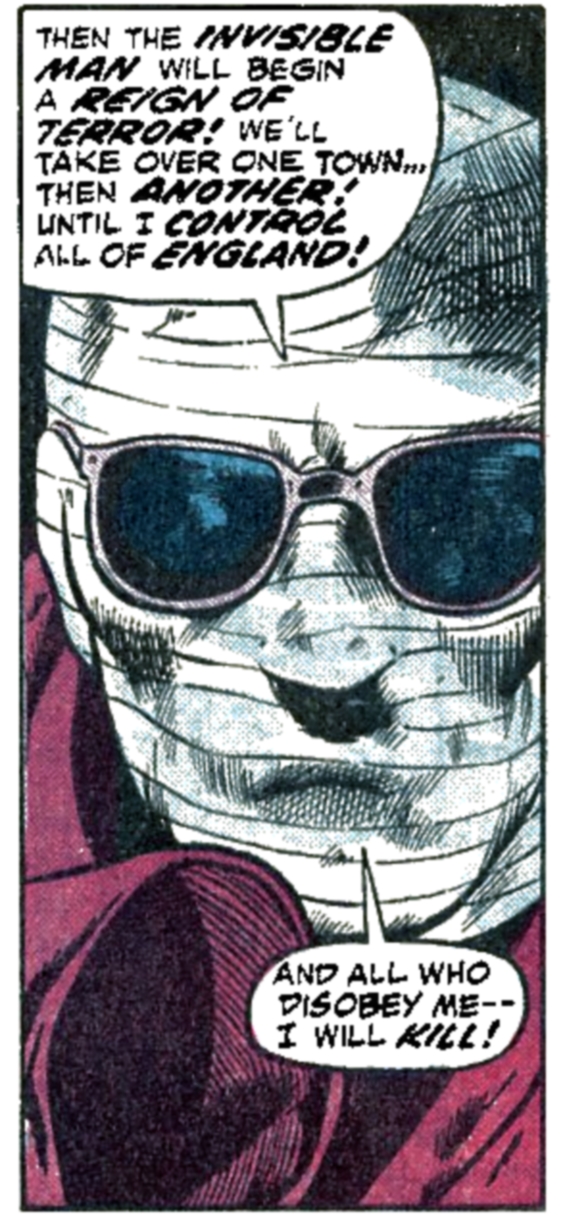
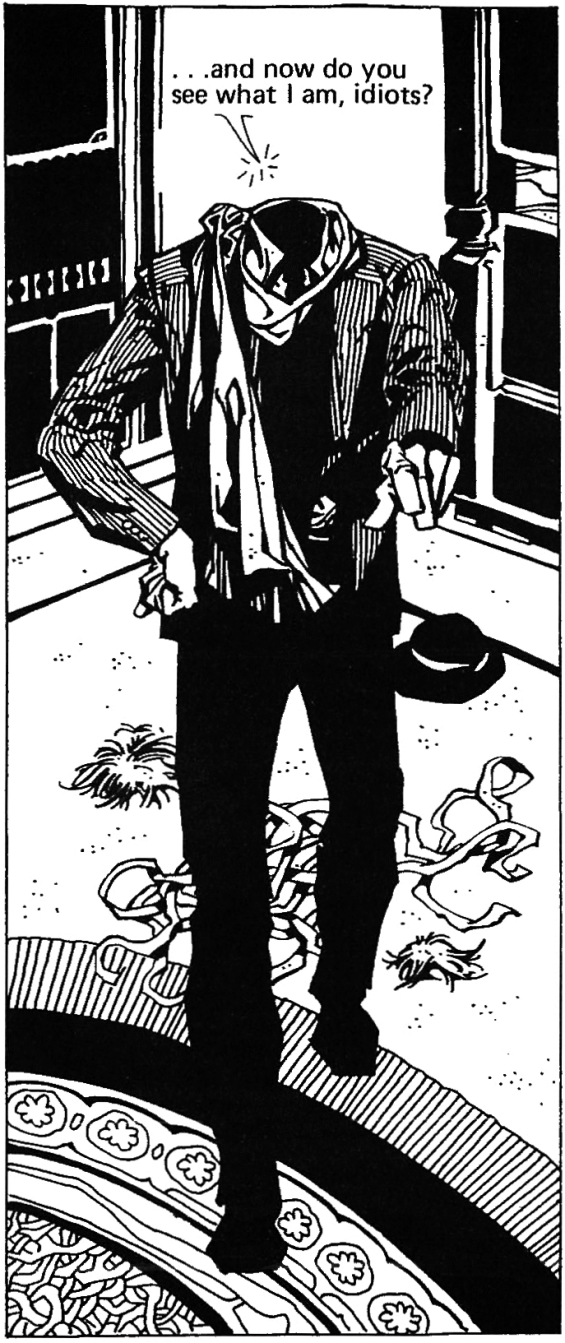
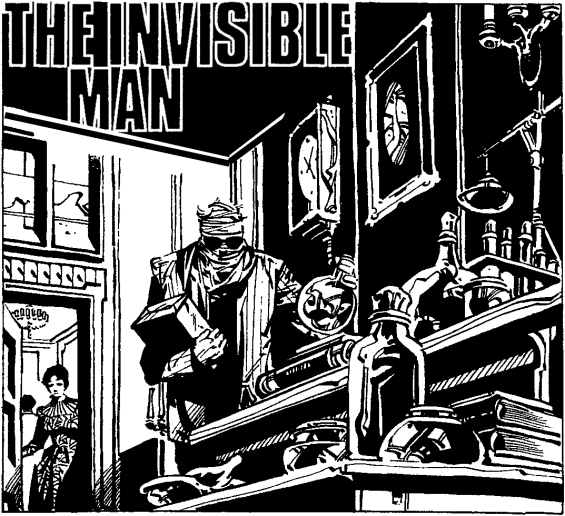


 The Horla
The Horla